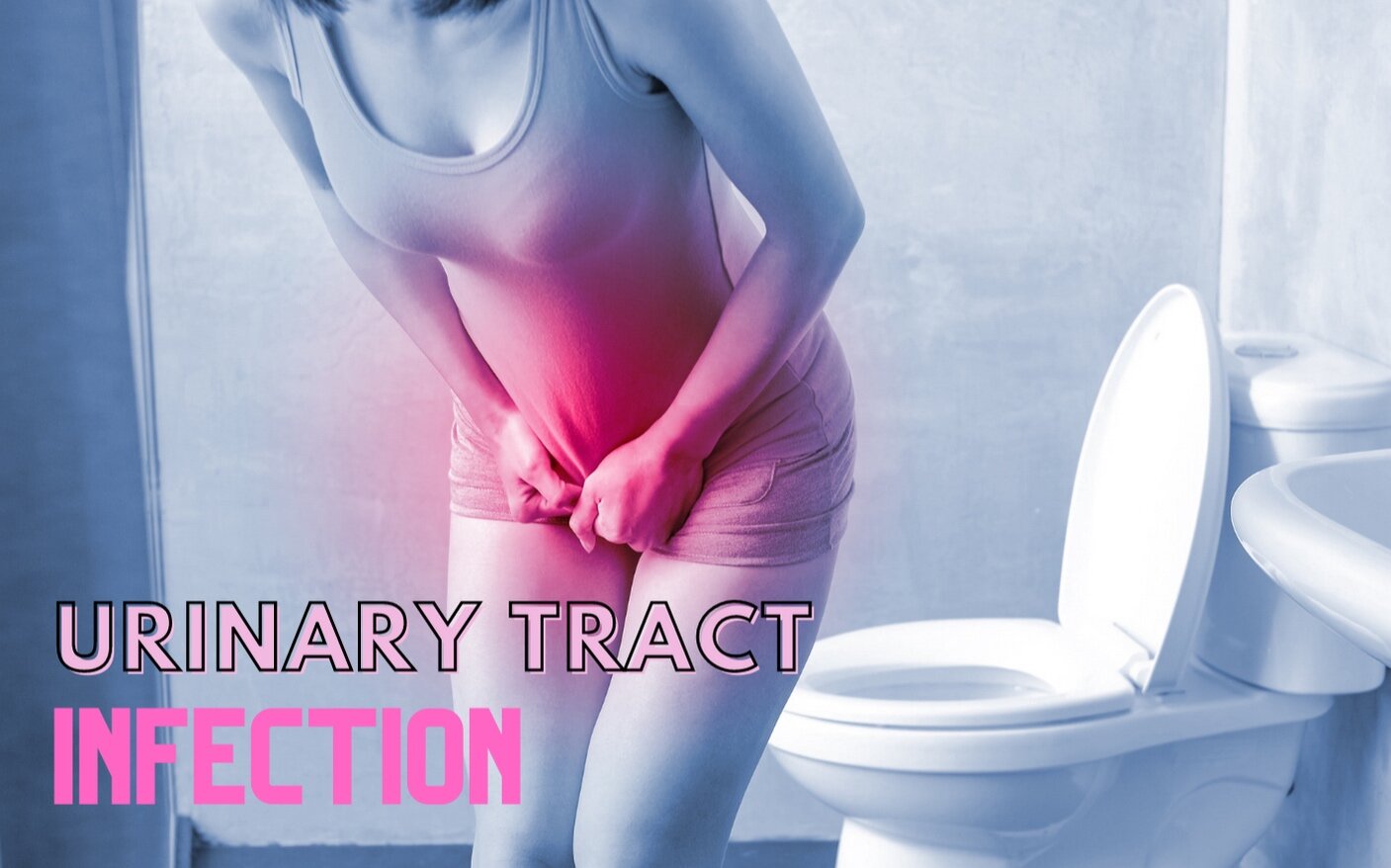Cystitis

Cystitis
By Dr Nile
Cystitis is inflammation of the bladder; it is usually caused by an infection. It is a very common condition that affects women more than men due to the difference in our anatomy.
Bacteria live on us and inside our bodies. They are usually harmless and can do an important job of preventing harmful bacteria from overgrowing which could cause illness and disease. Different parts of our bodies contain their own type of natural bacteria but when bacteria are transferred to another part of the body, where they do not belong, it can cause problems.
This can happen quite easily between the anus (opening where your poo comes out) and the urethra (opening where your pee comes out). This is because in women these two openings are very close together. This can happen in men too but as men have longer urethras, it is harder for the bacteria to travel all the way to the bladder.
Cystitis causes a burning sensation or pain on passing urine. It can also cause lower abdominal pain and make you want to pass urine more frequently, even if only a small amount is passed each time. It can make you feel generally unwell and is sometimes associated with a fever. Your urine can become cloudy, smelly and even have blood in it. It can cause incontinence (wetting yourself) and in young children, vomiting is common, while in the elderly, it often causes confusion.
If you have mild symptoms, you can help to clear the infection by drinking plenty of water. This will make you pee more and can help by flushing your system, making it harder for the bacteria to take hold. Taking some simple over-the-counter pain killers, like Paracetamol, can help you feel more comfortable. Cranberry juice is thought to help treat and prevent UTIs, it also makes the urine less acidic so helps to reduce the symptoms. However, the evidence for this is lacking. If you do choose to use it for this purpose, bear in mind that it can be high in sugar, so choose sugar-free versions when available.
If your symptoms are severe or persist for more than a few days you will need to visit your GP. Your doctor will test your urine and maybe send it to a laboratory to find out which particular bacteria is growing and which antibiotic is best to use. The antibiotics are usually given immediately, and then changed if the laboratory suggests a better alternative after testing your urine. You must take your antibiotics exactly as prescribed and ALWAYS COMPLETE THE COURSE. You can use a reminder or alarm to help you to remember to take them on time. If you don’t do this, the bacteria can survive and even become resistant to the antibiotics making it harder to treat such infections in the future.
Your symptoms should improve within 1-2 days and resolve after you have completed the antibiotics. If you still have symptoms you must see your doctor again, especially if your condition has worsened. In very few cases, the infection can travel all the way to the kidneys. This is called Pyelonephritis (Kidney Infection) and can be very serious. It causes a high fever, vomiting, shivering and pain in your back or side. The condition improves if treated early with antibiotics but otherwise can require hospital admission to prevent damage to the kidneys.
It is such a common condition that most women will suffer with a urinary tract infection (UTI) at some point in their life but some people get recurrent infection which can be troublesome. In order to prevent a UTI it is important to keep well hydrated by drinking lots of fluids, preferably water. You should also ensure that you wipe yourself from FRONT to BACK whenever you go to the toilet. Double voiding can help to empty the bladder completely which prevents bacteria from building up. To do this you should sit on the toilet for a while after you have passed urine and wait to pass a little more if you can. You should not strain but simply sit there and relax until it comes. Another important preventative measure is to wash your genitalia before you have sexual intercourse, if possible, and to urinate straight after sex (avoid soap products in the vagina).
If you have cystitis and any of the following symptoms, you should see your GP straight away as it could mean that you have Pyelonephritis (kidney infection) which needs immediate treatment:
A very high temperature >38
Uncontrollable shivering or shaking
A very low temperature <36
Nausea and vomiting
Blood in your urine
Not passing urine for more than 12 hours
Pain in your tummy or back
Our mission is to change the perception of beauty. To change the way young women view themselves and change the way they are viewed by the world around them. Join us on the BeYoutiful journey.





